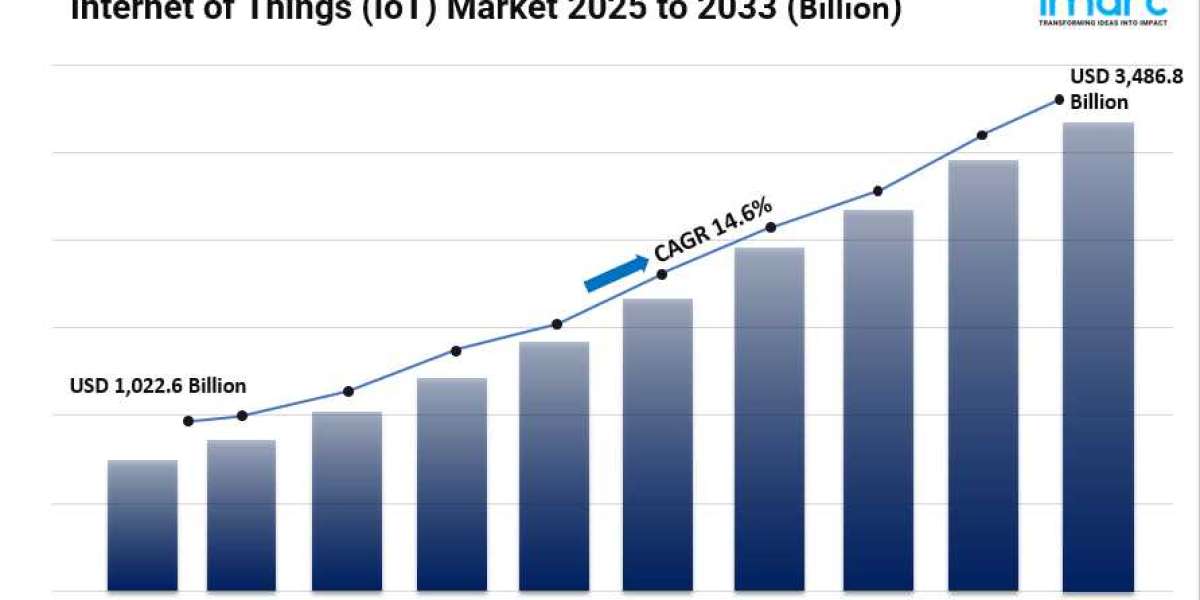This update is very helpful for job applicants as it helps them understand average processing timelines for LMIA applications all over Canada. While most streams report a slight increase in their processing times, some have registered minimal changes. This presents an opportunity for applicants to learn.
Whether you are an employer looking to hire foreign workers or a skilled professional looking for an opportunity to contribute towards the economy of Canada, knowing LMIA processing time 2024 is essential for effective planning. Let's see the current changes and what they impact.
Understanding the LMIA Process and the Impact of LMIA Processing Time 2024 on Hiring Plans
The LMIA is a very important document that employers in Canada must obtain before hiring foreign workers. It ensures that no Canadian citizen or permanent resident is available to fill the position, thereby safeguarding Canada's labor market from potential negative impacts.
LMIA applications fall under specific streams based on the job type and the role of the worker. For employers, LMIA processing time 2024 can significantly influence hiring strategies. Therefore, the recent updates from ESDC are critical for employers to plan effectively and mitigate potential delays in the process.
Summary of Updated LMIA Processing Times
Here are the updated average processing times across all centers:
Global Talent Stream: 8 business days, reduced by 1 day.
Agricultural Stream: 13 business days, reduced by 2 days.
Seasonal Agricultural Worker Program: 7 business days, increased by 1 day.
Permanent Residence Stream: 105 business days, increased by 5 days.
High-Wage Stream: 56 business days, increased by 3 days.
Low-Wage Stream: 52 business days, increased by 1 day.
Key Takeaways from the Revised Processing Times
Streamlining Priority Streams
The Global Talent Stream is the quickest LMIA category, and has averaged 8 business days instead of 9. It means that Canada is committed to its goal of attracting more highly skilled professionals in technology, engineering, and other related industries that create innovation. Improvement is also seen on the Agricultural Stream, now taking 13 business days for processing, from a previous 15.
These faster LMIA processing times for 2024 are particularly important to Canada's agricultural employers, who rely on foreign workers to address seasonal labor needs effectively.
2. Increased Wait Times in Other Streams
While some streams improved, others increased. For example:
- The Permanent Residence Stream now averages at 105 business days, up from 100.
- The High-wage Stream increased to 56 business days.
- The Low-wage Stream is now at 52 business days, and employers have to do more planning up front.
The Seasonal Agricultural Worker Program increased by a lesser margin to 7 business days, indicating growing demand for workers during peak harvest times.
Implications for Employers and Applicants
For Employers
The revised LMIA processing time 2024 requires the employer to file an application as early as possible and also prepare themselves. Those who are hiring through streams taking a longer time to process applications need to plan hiring strategies several months in advance to avoid delays in their process.
The Global Talent Stream and the Agricultural Stream both enable employers to utilize processing times that are shorter, which means streamlined recruitment. Shorter times work well for such sectors where labor scarcity is extremely urgent.
For Applicants
For foreign workers, the renewed timelines indicate that you should:
- Stay in close communication with your employer to ensure all documents submitted are submitted on time.
- Prepare for longer waits if you’re applying under the Permanent Residence or Low-wage Stream.
- Explore any opportunities under faster streams, such as the Global Talent Stream, if eligible.
Why Processing Times Matter?
The length of time for approval of an LMIA is relevant to employers, workers, and even Canada’s economic sectors. Technology, agriculture, and construction mainly rely on timely clearance to meet labor demand. A delay here can jeopardize projects, hurt business, and discourage even foreign talent from choosing Canada.
On the other hand, streamlined processes in the Global Talent Stream show that Canada works to stay on par with other countries to be a true leader around the globe, especially concerning innovation and skilled immigration. “The updated LMIA processing time 2024 puts it right.
While some improvements have been shown in some, others need strategic planning to avoid disruption. Employers and applicants should be ready to adapt to such updates if they want to successfully reach their goals.
LMIA approval letter
An LMIA approval letter is an official document issued by Employment and Social Development Canada (ESDC) after the Labour Market Impact Assessment application of the employer is approved and processed successfully in Canada. The letter confirms that the employer meets the requirements for hiring a foreign worker for a specific role and that employing the worker will not have negative impacts on the Canadian labor market.
LMIA processing time 2024 is an important factor that employers must consider when planning to hire a foreign worker, as processing times may vary depending on the specifics of the application.
Given the LMIA processing time 2024, which varies across different streams, employers must plan their hiring process carefully to ensure timely submission and approval. The approval letter is a crucial step in the immigration process, as the foreign worker will need it to apply for a work permit.
After LMIA is approved, What is the next step
Once a LMIA has been approved, the process involves the employer giving a copy of the approved LMIA and job offer letter to the foreign worker. These documents are basic necessities that must be met for one to apply for a work permit.
The foreign worker has to apply for a work permit with IRCC with the LMIA approval letter, job offer, and other requisites such as proof of qualifications, passport, and biometrics. Even though the LMIA processing time 2024 is subject to change based on the stream, the actual processing time of the work permit at the hands of IRCC is relatively lucid.
If the work permit is approved, the foreign worker can start working in Canada according to what is stipulated in the LMIA and the work permit. It is critical that both employers and workers comply with all conditions stipulated in the LMIA and immigration regulations.
If you want to know more details about “ESDC updated LMIA processing time 2024“ you can contact one of our immigration specialists at Gunness Associates.
Please Book an Appointment with a Member of Our Assessment Team!
Book an Appointment Now with Hamlet!
Book an Appointment Now with Pratik!
Gunness Associates has helped thousands of people successfully immigrate to Canada with their families. Our skilled and experienced immigration experts have the expertise to accurately examine your case and advise you on the best method of proceeding to serve your needs.
For honest and straightforward advice, contact the experts
Get a free Assessment
Join our newsletter and get up-to-date immigration news Click here
All rights reserved ©2024 Gunness Associates













